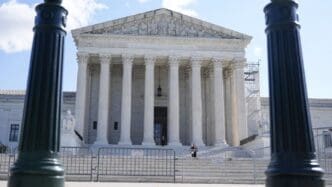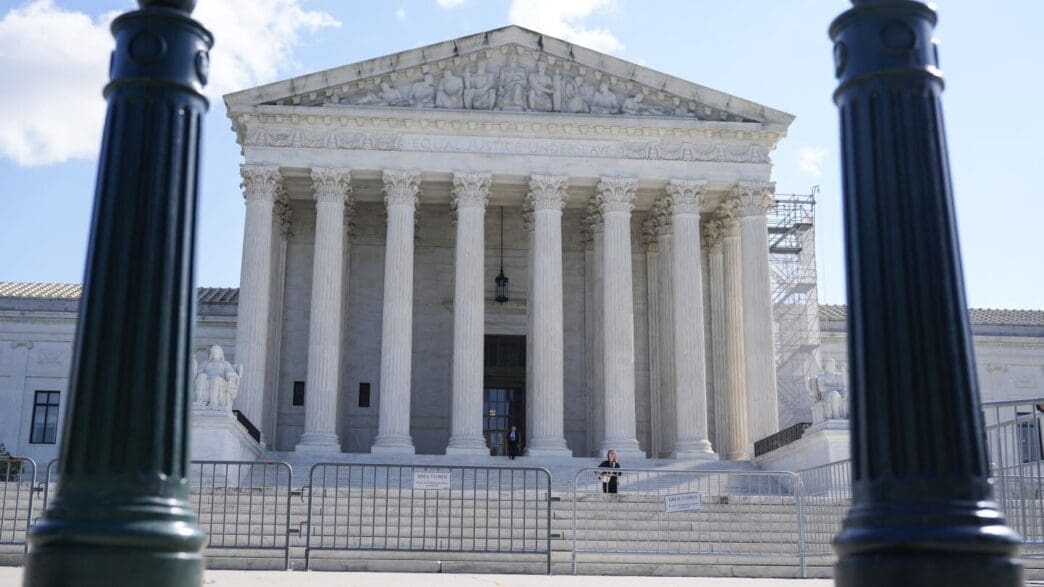The United States Supreme Court has agreed to hear arguments concerning South Carolina’s decision to eliminate Medicaid funding for Planned Parenthood, marking an important development in abortion-related legal matters since the reversal of Roe v. Wade.
In 2018, South Carolina initiated a move to halt funding to Planned Parenthood, positioning itself among several conservative states aiming to reduce public support for the nation’s largest abortion service provider. This maneuver was met with challenges from Planned Parenthood and a Medicaid patient, leading to a legal battle that reached the 4th U.S. Circuit Court of Appeals. This court ruled that federal law permits Medicaid patients to select their healthcare providers and to take legal action if this right is obstructed.
The state, led by Governor Henry McMaster, argues that any public funds allocated to Planned Parenthood indirectly contribute to abortion services, despite the organization’s stipulation that Medicaid funds are strictly utilized for family planning and related health services, not abortions. Medicaid itself restricts abortion coverage to cases where the mother’s life is endangered or in instances of rape or incest.
Planned Parenthood operates two clinics in South Carolina, serving numerous Medicaid beneficiaries annually with services such as birth control, cancer screenings, and STD testing. The clinics claim they receive under $100,000 in Medicaid funds in the state, emphasizing their role in providing essential healthcare services to low-income individuals.
The legal contention involves whether states possess the authority to deny Medicaid funding to providers like Planned Parenthood based on service offerings that include abortions. With varying interpretations across different appellate courts, the Supreme Court’s involvement comes at a significant moment. John Bursch, representing South Carolina, advocates for the state’s discretion in allocating funds toward what he describes as ‘life-affirming care.’
Conversely, Planned Parenthood’s South Atlantic President, Jenny Black, critiques the case as politically motivated, asserting the organization’s commitment to offering trusted, affordable healthcare across its service spectrum. The organization’s legal counsel argues the statutory right of patients to access their chosen providers and the necessity for legal recourse should this access be compromised.
South Carolina currently prohibits most abortions after approximately six weeks of pregnancy, further exemplifying the state’s restrictive stance post the 2022 unseating of federal abortion protections.
The Supreme Court’s ruling on this pivotal case will not only impact Medicaid funding criteria but also influence the ongoing national discourse surrounding reproductive rights and state-level autonomy in healthcare decisions.
Source: Apnews








